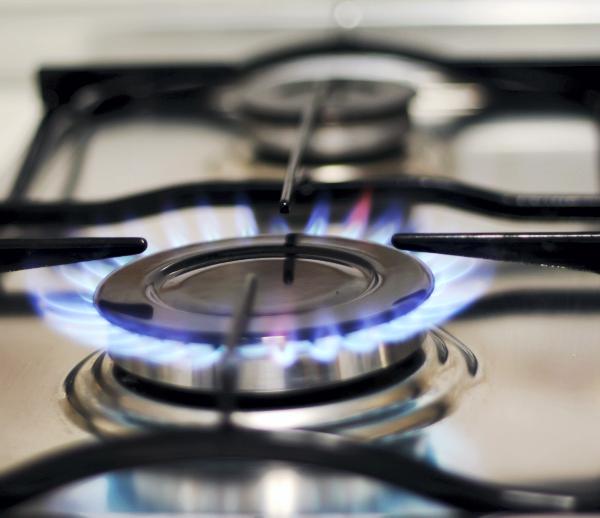Spring has arrived and the days are warmer and longer, which means we’re not reaching to flick that heating switch as often. So thoughts of upgrading heating systems and insulation may be drifting from your mind. However, contrary to your natural reaction, now is actually the time to think ahead about your heating solutions for next winter. There are a few reasons for this.
Think summer
First of all, if you need a major renovation, such as changing your system from oil to gas, this will mean a few days labour within your house. This means doors open, workers coming in and out of your house and your heating system down intermittently. It’s a lot more attractive to have this kind of work done in pleasant weather rather than the bitter cold of winter. On top of that, as most people don’t get work on their heating systems done in the summer, you’ll find that many companies will run summer specials, meaning you’ll pay less.
If you are switching your heating, and planning on going for gas (or even if you are already a gas customer), one upgrade that will offer savings for years to come is zoning.
How many times have you spent the afternoon downstairs but the heating is pumping right throughout the house in rooms you won’t be in until night time?
Unfortunately, if you have an outdated heating system, you’ll find that it will work the way it wants to work, rather the way you want it to work.
Wesley Hampton, home energy consultant explains: “The whole concept of zoning is that you use the heat you need when you need it. Most houses would be split into three zones – upstairs, downstairs and your hot water. All zones work independently of each other, so you only heat the areas you want at the times that suit you. For example, you could programme the heat to come on upstairs for a few hours in the evening before you go to bed but there is no need to have it on during the day when you aren’t using the rooms. Having the heating on downstairs is sufficient. Similarly, during the summer, when you might not need your heat on at all, the hot water zone might just get a boost early in the morning so you have nice, hot showers without spending money heating radiators unnecessarily.”
Not Too Hot, Not Too Cold
Decreasing the fuel you use daily could benefit your bills by as much as 30%. On top of that, by employing zoning in your house, you will benefit from a thermostat which will cap the temperature at your desired level. “Say, for example, the temperature that you are most comfortable at in your home is 18C°,” says Wesley.
“You can programme this so when you turn on your heating and it reaches this desired temperature, the system will recognise this and send a message to the boiler to click off, thereby not wasting any fuel.
“Even if your heating is programmed to come on for three hours and it reaches that temperature within an hour, you’ll still have that toasty heat in your home without paying extra.”
When you understand how the system works, it seems the savings are obvious and this is an upgrade that will be benefitting your bills for many years to come. However, the real cost of the upgrade is very much dependent on your current system. If for example, you are already a gas customer with a good efficient boiler, then it’s quite a simple electrical upgrade and could cost in the region of €400 to €500. Given the SEAI grant, this is an investment that could cost very little and be paid off within a year.
If, on the other hand, you have a dated solid fuel or oil system and you have to switch to gas and install a new efficient boiler, then you could be looking at anywhere in the region of €2,500 to €5,000 for a detached three-bed house.
“A plan is developed with the customer but it could involve laying a trench line from the gas tank into the house, swapping the boiler, bringing a gas boiler inside and tying all this in with the existing system and radiators.”
BER Rating
It may sound like a lot of hassle, but as well as saving money on your bills, it also adds value to your home. “If you are making such an investment, you could significantly improve your BER rating. It’s not unheard of for a house to go from a BER rating of D3 to C2 or even C1.
“If you’re spending €5,000, it could add between €10,000 and €15,000 to the value of your home. Of course, this isn’t a big deal for those who plan on staying put, but if you are hoping to sell in a few years, it is an important consideration.”
SEAI grant amounts
Heating System
Heating controls with boiler (oil or gas) upgrade €700
Heating controls upgrade only €600
How to apply for the SEAI Grant
1. Decide on work to be done and find out what grant applies to you.
2. Pick an SEAI registered contractor.
3. Apply for an SEAI grant and get approval.
4. Get your works done by a registered SEAI contractor.
5. Get your BER done and published by a registered BER assessor.
6. Submit complete and correct forms to SEAI.
7. Get payment directly into your bank account.
For more information, log on to www.seai.ie/grants









SHARING OPTIONS